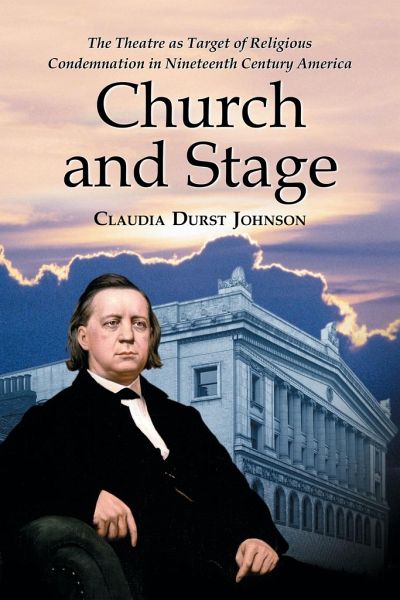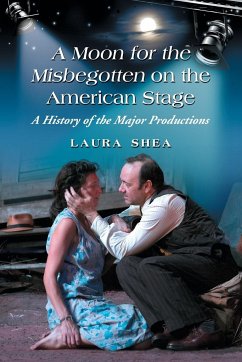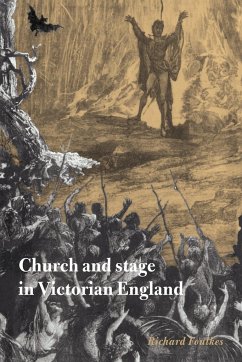
Church and Stage
The Theatre as Target of Religious Condemnation in Nineteenth Century America
Versandkostenfrei!
Versandfertig in 1-2 Wochen
45,99 €
inkl. MwSt.

PAYBACK Punkte
23 °P sammeln!
Throughout nineteenth century America, religious officials often condemned the theatre as an inversion of the house of God, similar to the church in architectural structure and organization but wholly different in purpose and values. This book explores the many ways in which religious institutions supported by capitalism profoundly affected the early development of American theatre. The author analyzes the church's critical view toward common theatre practices, including the use of female and child performers, and the lower class alliance with the stage. Three appendices provide period corresp...
Throughout nineteenth century America, religious officials often condemned the theatre as an inversion of the house of God, similar to the church in architectural structure and organization but wholly different in purpose and values. This book explores the many ways in which religious institutions supported by capitalism profoundly affected the early development of American theatre. The author analyzes the church's critical view toward common theatre practices, including the use of female and child performers, and the lower class alliance with the stage. Three appendices provide period correspondence, including an excerpt from Mark Twain's February 1871 "Memoranda," in which Twain criticizes an Episcopalian reverend for denying church burial to a popular stage comedian.













